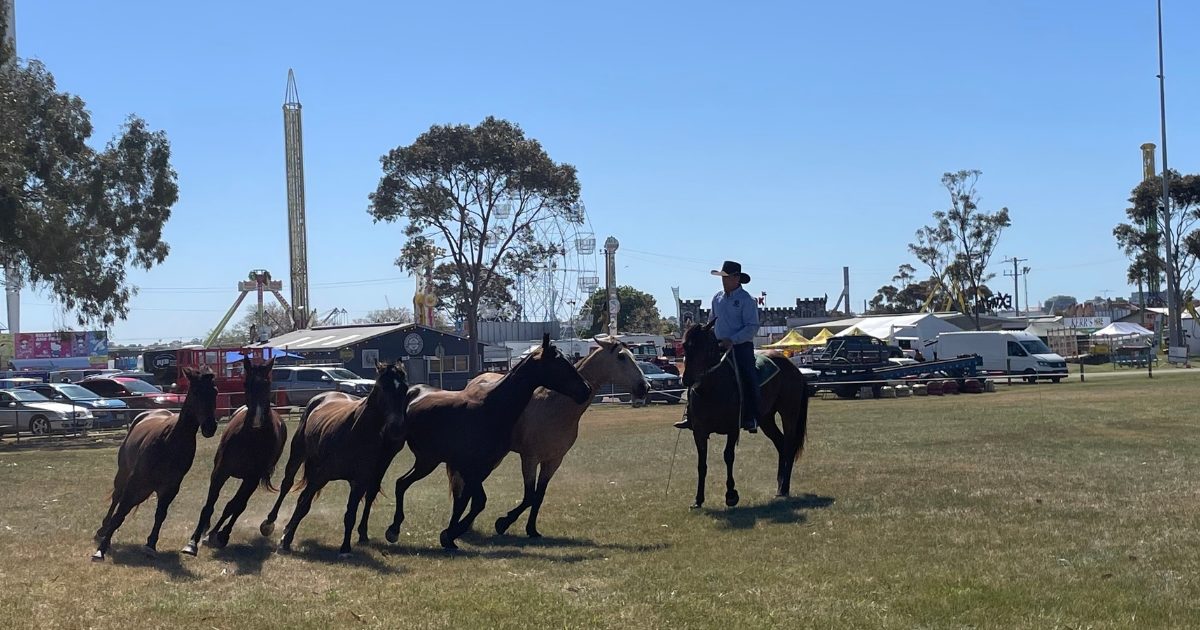EPA approves abalone farm near Portland
ENVIRONMENT Protection Authority Victoria (EPA) has given the nod for a new abalone farm to be built near Portland.
The application from Yumbah Nyamat is for a 1,000-tonne abalone farm at Dutton’s Way, Bolwarra.
The farm will include a hatchery, nursery and grow out tanks, pumping seawater to the land-based farm, before discharging treated water to the bay through a series of outlet pipelines.
Yumbah Nyamat says the $60 million project would create 170 temporary construction jobs and 160 permanent postconstruction.
The Works Approval decision means Yumbah has EPA approval to develop the abalone farm, which also needs to satisfy
conditions of a planning permission issued to the company by the Glenelg Shire.
It must also comply with a permit under the Marine and Coastal Act Consent issued to the company in February by the Department of Environment, Land, Water and Planning.
The Works Approval sets out stringent conditions for the construction phase to ensure the plant meets all environmental performance standards on an ongoing basis.
During commissioning of the farm, EPA will also require the company to provide proof of performance testing.
Independent verification of construction and proof of performance testing will also be required.
Yumbah will also need to obtain an aquaculture licence from the Victorian Fisheries Authority and an EPA Licence to operate the farm once constructed.
EPA Director of Development Assessments Tim Faragher said EPA’s decision follows many months of consultation and a thorough assessment of the company’s application.
“Among other issues, we considered the proposed wastewater treatment system and potential effects of the wastewater discharge, noise, odour, groundwater, the principles of the Environment Protection Act 1970, biosecurity, environmental management and potential risks to human health and the environment through assessment of risks to beneficial uses.
“EPA is satisfied the farm can be built in a way that meets stringent environmental standards and will not cause detrimental environmental impacts on the health of the local community.”


















